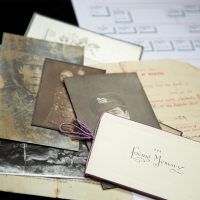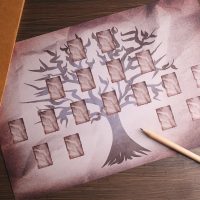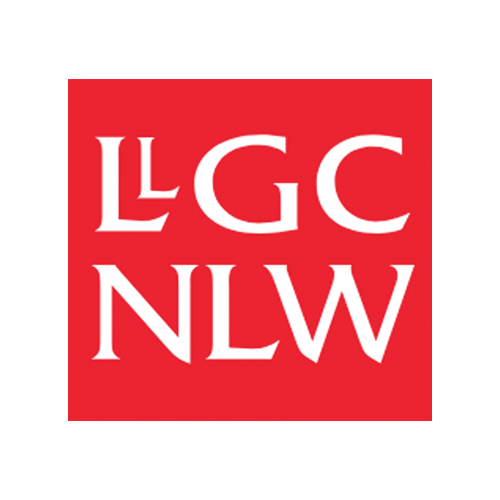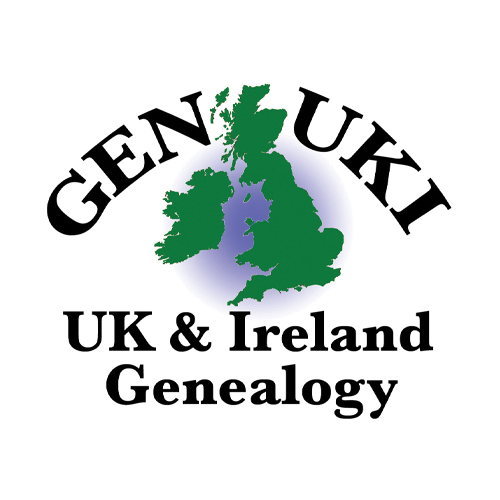Genealogy, often referred to as family history, is the study of families and the tracing of their lineages and history. The term originates from the Greek word “genea,” meaning generation or descent, and “logos,” meaning study.
This field is more than a hobby for many; it is a passion and a way to connect with one’s heritage, understand historical contexts, and preserve the stories of ancestors for future generations.
At its core, genealogy involves gathering information about individuals and families, typically through records such as birth certificates, marriage licenses, death certificates, census records, and other archival documents.
Genealogists piece together this information to form family trees, which visually represent relationships among family members across generations.

Documentation and Records: The backbone of genealogical research is official records. Birth, marriage, and death certificates are primary sources, providing vital information. Census records offer snapshots of families at specific times, while immigration and naturalisation documents trace movements and cultural integration.
Oral Histories: Talking to older family members can uncover stories and details not found in written records. These oral histories can provide personal insights and context that enrich the factual data.
Online Databases: The digital age has revolutionised genealogy. Websites like Ancestry.com, FamilySearch.org, and MyHeritage.com host vast collections of digitised records and offer tools for building and sharing family trees. Many of these platforms also provide access to global archives that would otherwise be difficult to reach.
DNA Testing: Genetic genealogy has become increasingly popular. Companies offer tests that can reveal ethnic backgrounds, distant relatives, and migration patterns of ancestors. DNA results can confirm relationships and break through “brick walls” where paper trails end.
Understanding one’s roots can provide a sense of identity and belonging, influencing how individuals see themselves and their place in the world. Family histories often intersect with broader historical events, and genealogy can illuminate how major events such as wars, migrations, and economic changes impacted families and shaped their destinies.
Tracing family medical histories can reveal patterns of genetic diseases, enabling preventative healthcare measures and informed medical decisions. Additionally, genealogy is a way to preserve cultural heritage and traditions, ensuring that the lives and customs of ancestors are not lost over time.

Genealogical research can be complex and time-consuming. Common challenges include that of incomplete records, many may be lost, damaged, or never existed. Wars, natural disasters, and record-keeping practices create gaps. The lost 1931 census being a prime example. Differentiating between individuals with common names in the same region can also be difficult, Jones’ in Wales are a real challenge for Genealogists! We also come across historical documents that are languages or scripts that are difficult to read or translate.
Genealogy is a dynamic and enriching pursuit that connects the past with the present. It offers a deeper understanding of personal and collective histories, fostering a sense of continuity and connection across generations.
Whether pursued as a professional career or a personal interest, genealogy provides invaluable insights into the tapestry of human life, weaving together stories that form the foundation of who we are today.








